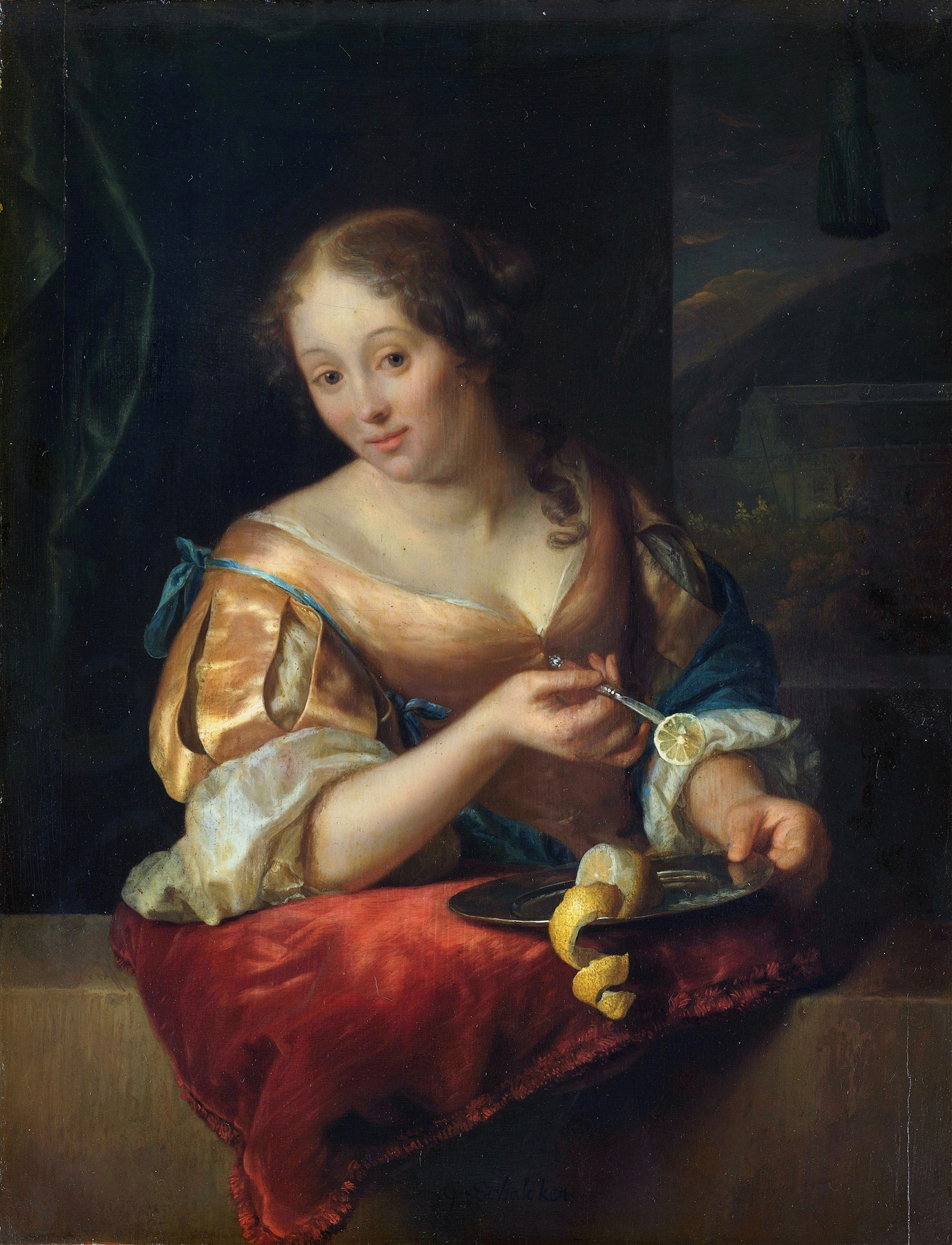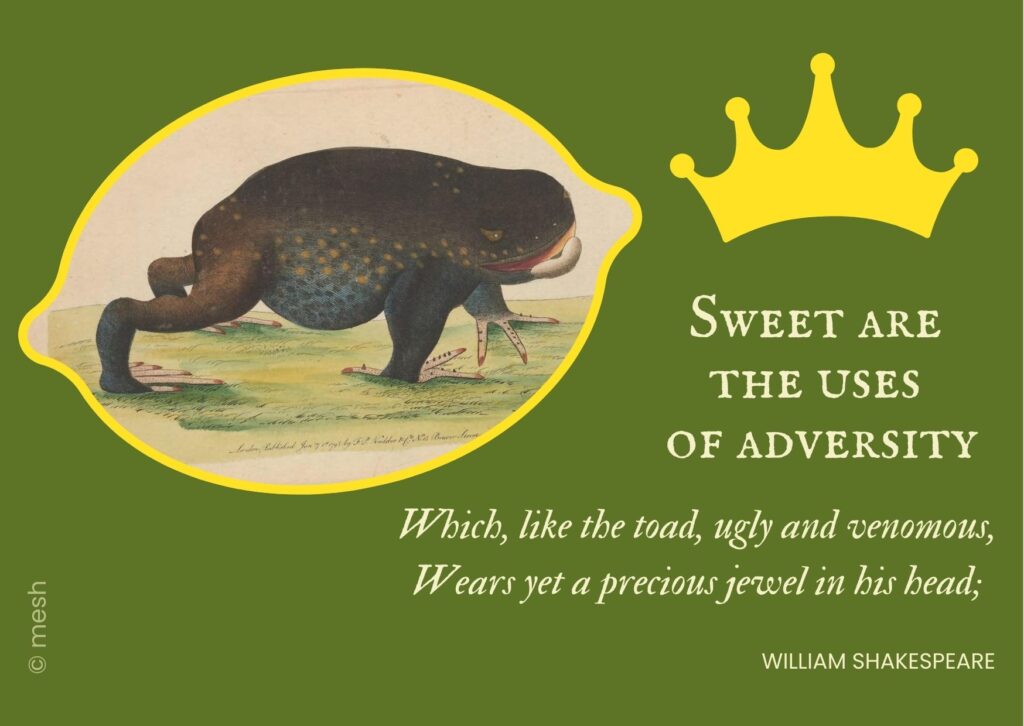
Sometimes, things are not what they seem to be at first glance.
Even the ugliest of toads can transform into Prince Charming once the spell of ugliness dissipates.
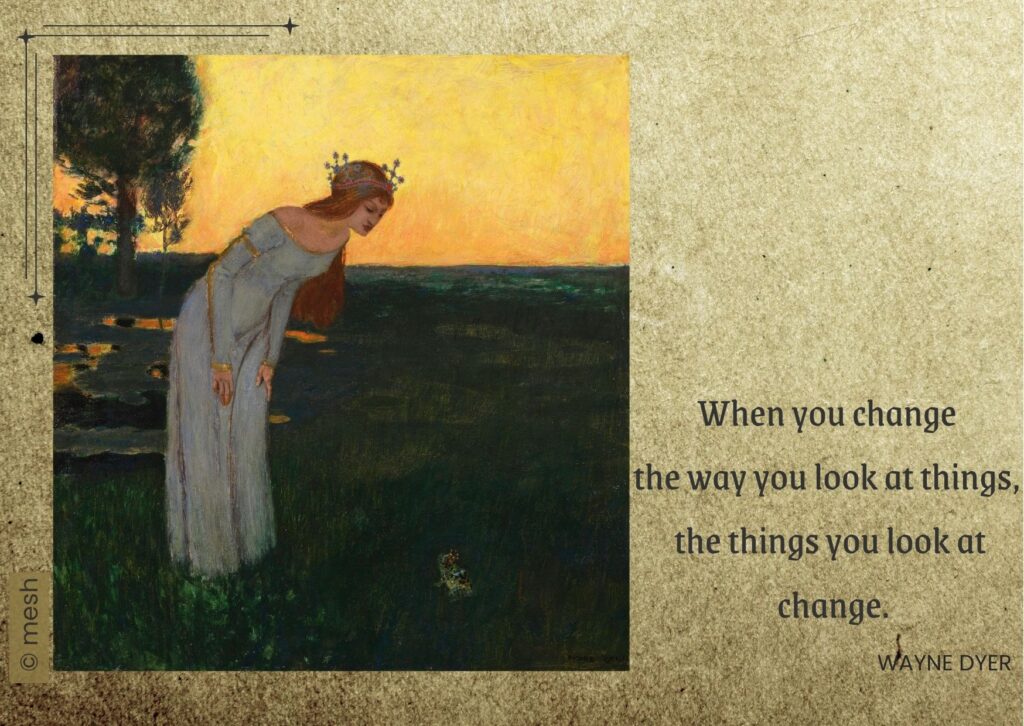
Oftentimes, a shift in perspective and mindset is all it takes to change a vision. Curiosity, closer examination, and a bit of courage can work wonders.
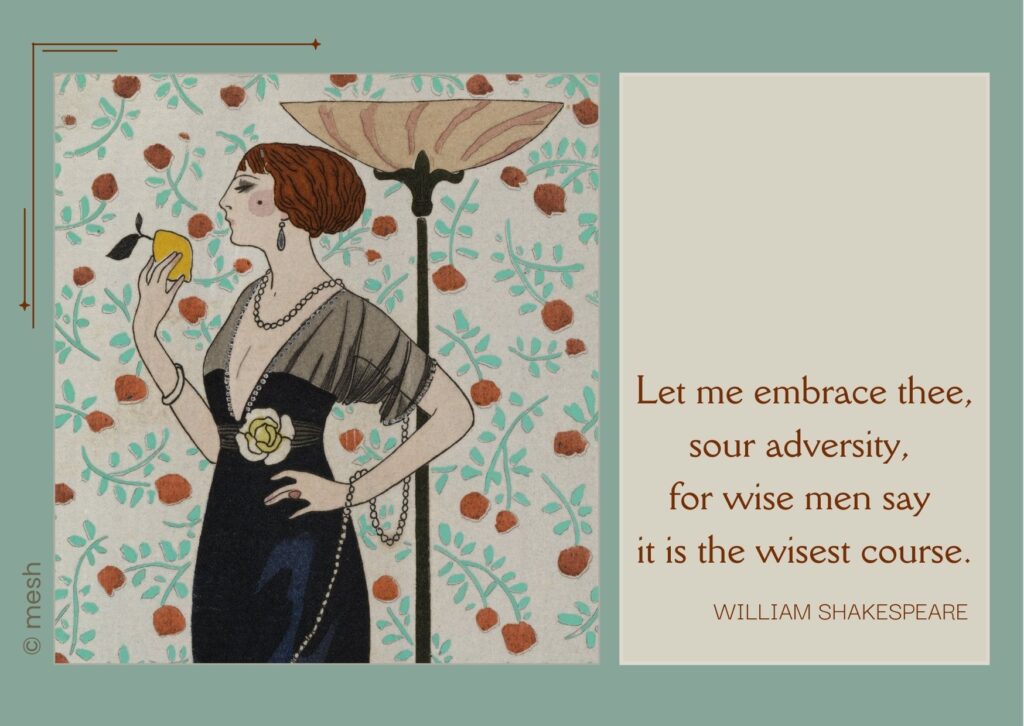
Lemons, for example, can be surprisingly deceptive.
They taste sour and unpleasant at first, but letting that stop you would be a huge mistake. Anyone who ever tasted them after they’ve been transformed or enjoyed their fragrance just for its own sake will easily agree.
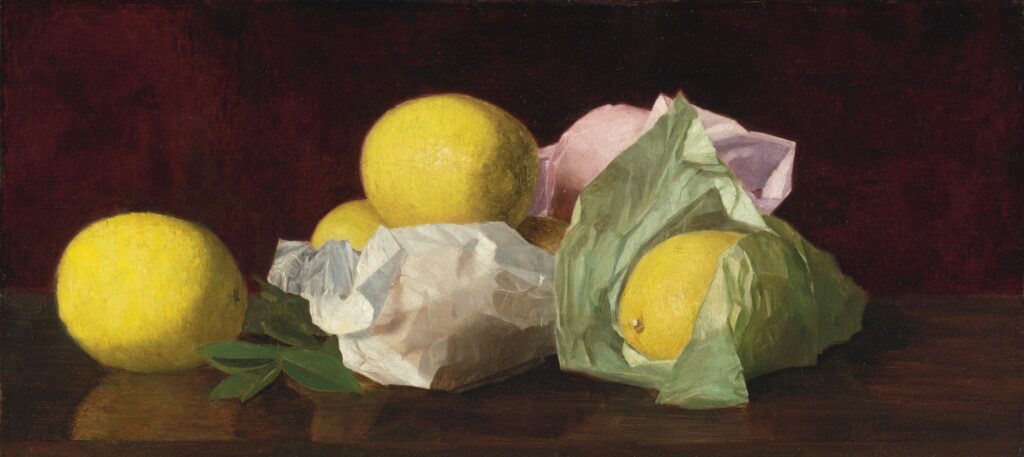
Over the centuries, curious individuals, intrigued rather than deterred by things they don’t immediately like, have explored the full potential of lemons and devised a plethora of uses, applications, and recipes for them.
One time-honored recommendation is to balance their tartness with sweetness, dilute their sharpness with water, and turn them into a delicious drink.
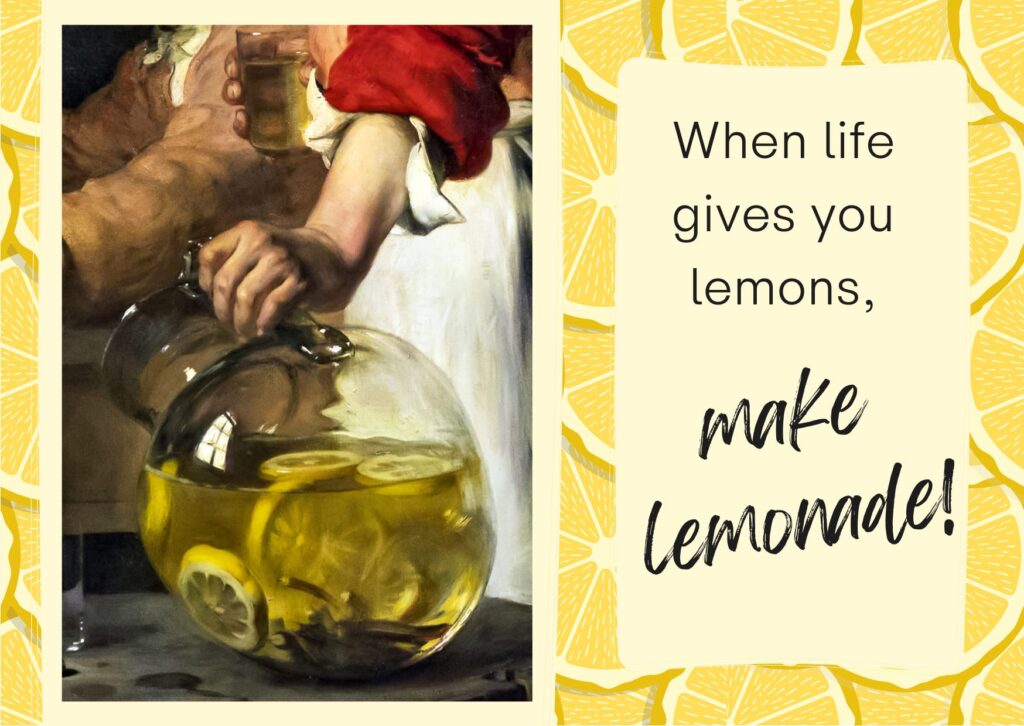
Lemonade is a very refreshing drink. Its freshness comes from its high acidity (tamed by the addition of sugar) and, most importantly, from its crisp, bright, tangy citrus aroma. Most of this aroma is found in the rind, which is why it’s important to leave the skin in contact with the drink. Crushing the skins enhances the aroma even more, as it causes the cells holding the aromatic oils to burst, releasing them. This simple technique of extracting oil from citrus fruit skins has been used for centuries in both artisan and industrial process for producing essential oils from citrus fruits like lemons, oranges, limes, grapefruits, mandarins, and bergamots. The process is really that simple, only the tools get more advanced, and the terminology more technical in professional context. Squeezing aromatic oils out from citrus fruit skins is called expressing and the method is known as cold expression.
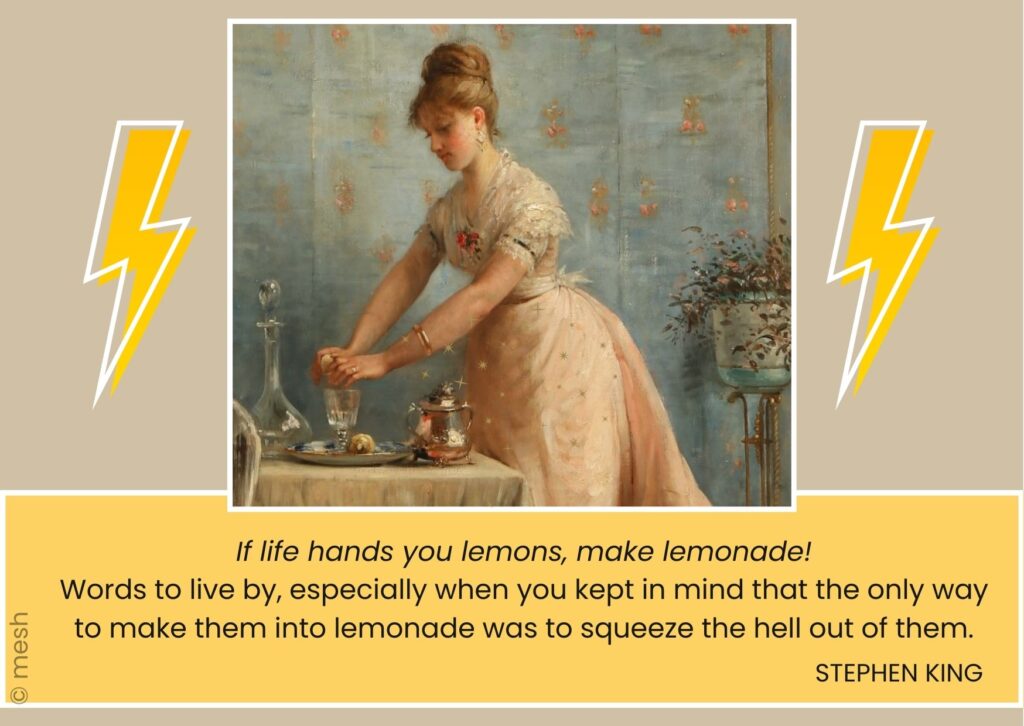
The role that aromatic oils from lemons and other citrus fruits play in the fragrance and flavor industries couldn’t be overstated. They provide a fresh, vibrant and uplifting note in all sorts of compositions, often described as exhilarating.
Exhilarating.
Just like the experience of overcoming a hardship, reversing an ill-fated turn of events or rising to a challenge.
The sense of agency and resourcefulness it brings, along with the uplifting and empowering feeling it provides, can indeed be exhilarating.
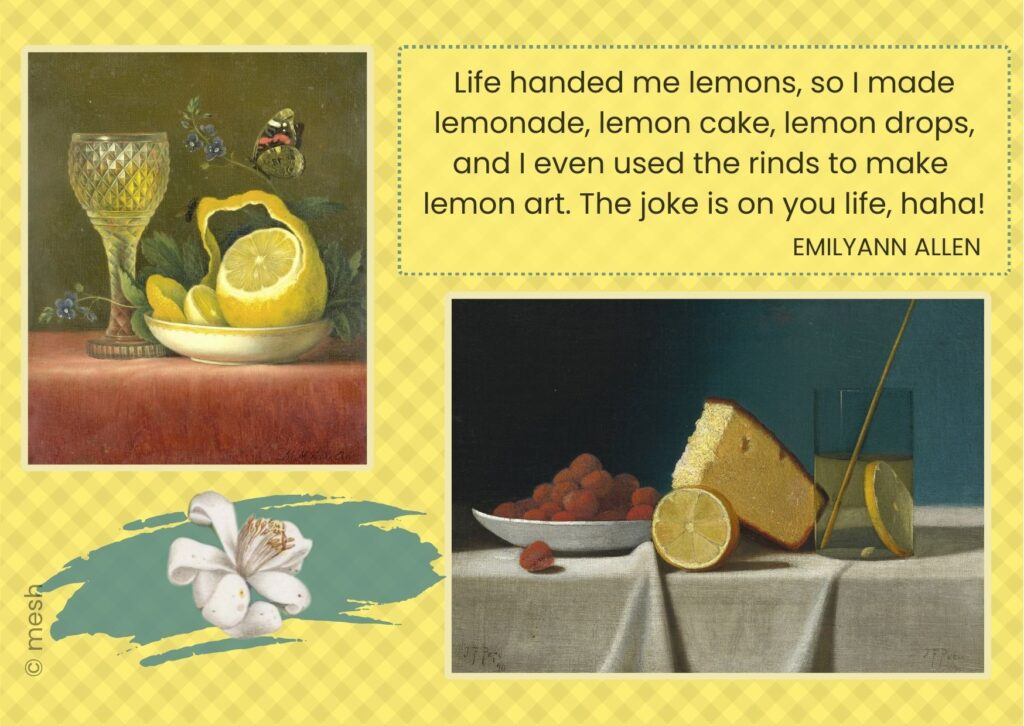
Just like the lemons, sour adversity holds hidden potential, and its sweet uses can be as fruitful as they are varied.
In every difficulty lies opportunity.
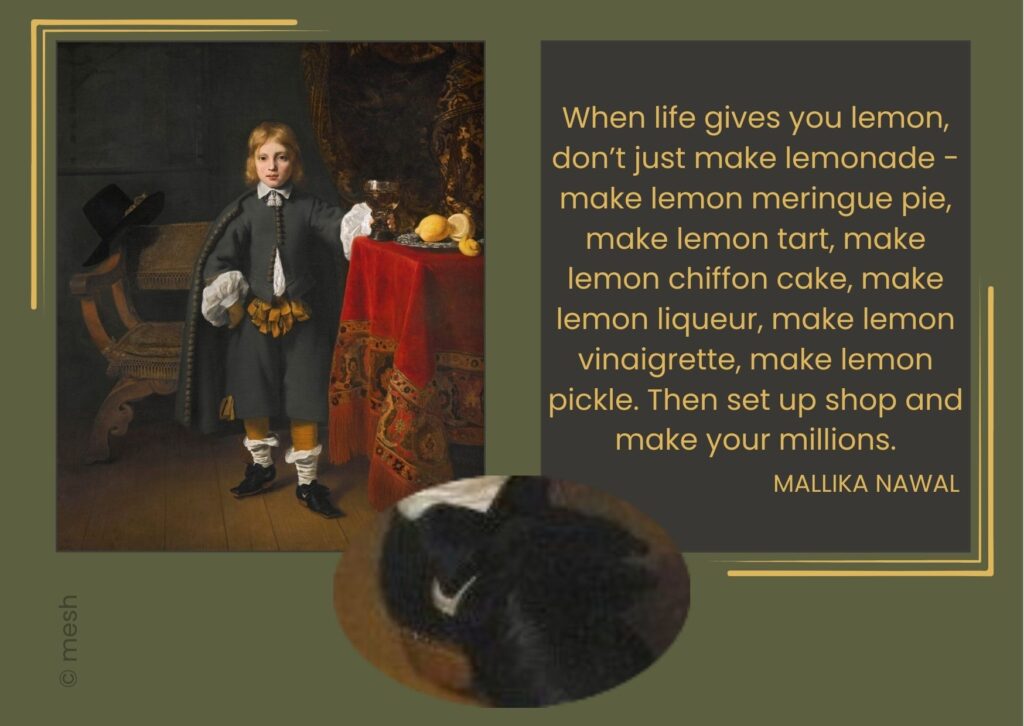
Has this young boy from seventeenth century understood the meaning of turning lemons into lemonade?
His confident stance while holding an oversized glass of lemon drink might suggest he has. Could the sign on his shoe – oddly familiar – be a sign of his future entrepreneurial success? We will never know.
What we do know however, is that in more recent history, some business-savvy salesmen turned a different kind of lemon into lucrative lemonade using a strategy centered around scent.
Not the fresh, citrusy smell of lemons, though, but a whole new kind of smell, one that was about to become iconic.
The new car smell.
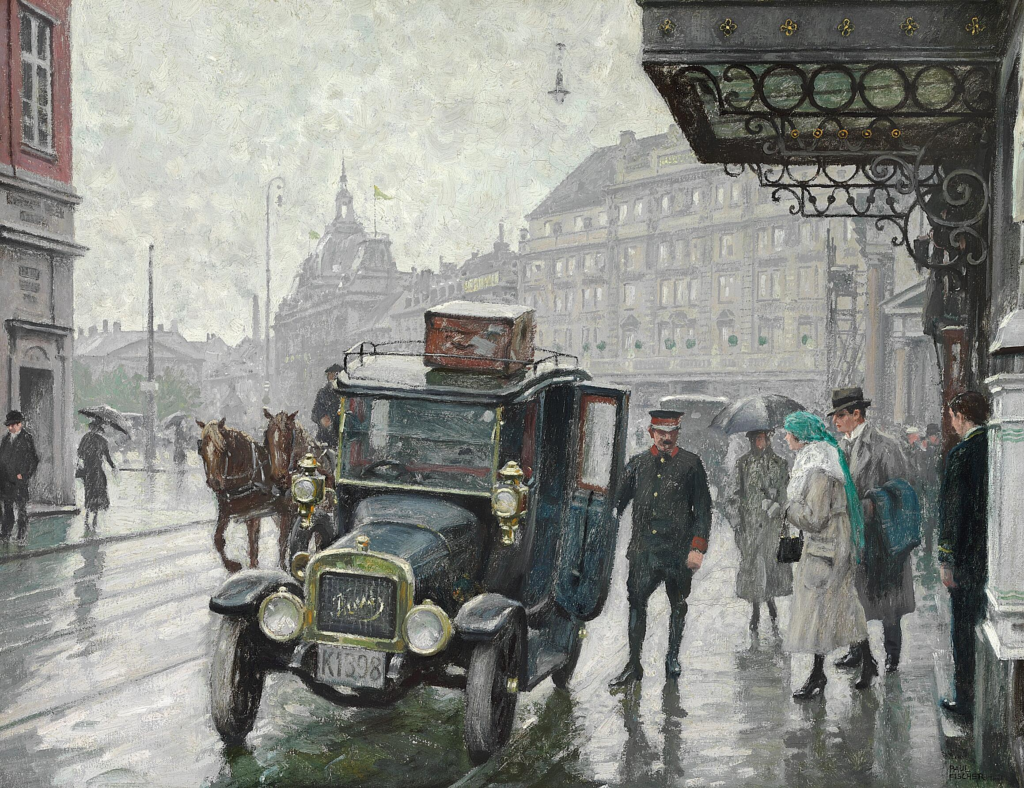
The thing about a new car that turns on more people than anything else is its smell. Have you ever noticed the smell of a brand new car? If you were blind-folded, you’d still be able to tell what it was if someone put you in a new car. Touching the car and seeing it make some people drool to own it. But nothing turns people on like the smell.
Joe Girard, How To Sell Anything to Anybody
How scent came to the rescue of the post-World War II automobile market.
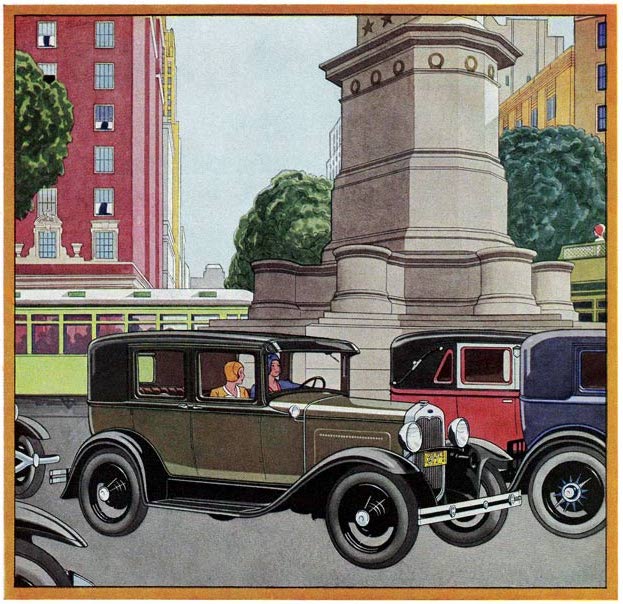
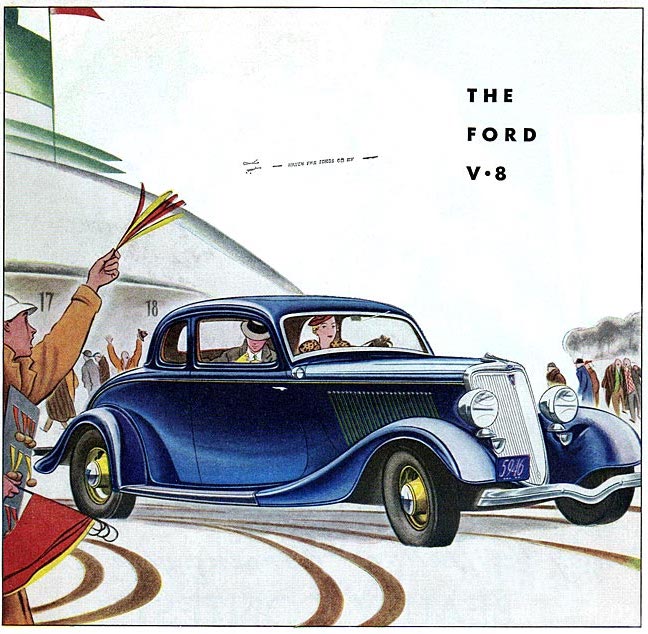
In his book How To Sell Anything to Anybody, Joe Girard 1 describes the phenomenon in these words:
In the years just after World War II, new cars were scarce, and a lot of potential new car buyers had to settle for late-model used cars. At that time a product came onto the market that was bought by a lot of used car dealers. That product was a liquid that the dealer sprayed in the trunk and on the floors of late-model used cars. The reason: It made them smell like new cars.
Joe Girard, How To Sell Anything to Anybody
Perfumes designed to replicate the scent of a new car helped used car dealers create a sense of newness in the minds of potential buyers. Sprayed or put on pieces of flannel and strategically placed inside the car, the fragrance was a mix of woody and leathery notes (evoking the luxury of early car models) with a hint of plastic, rubber, and glue.
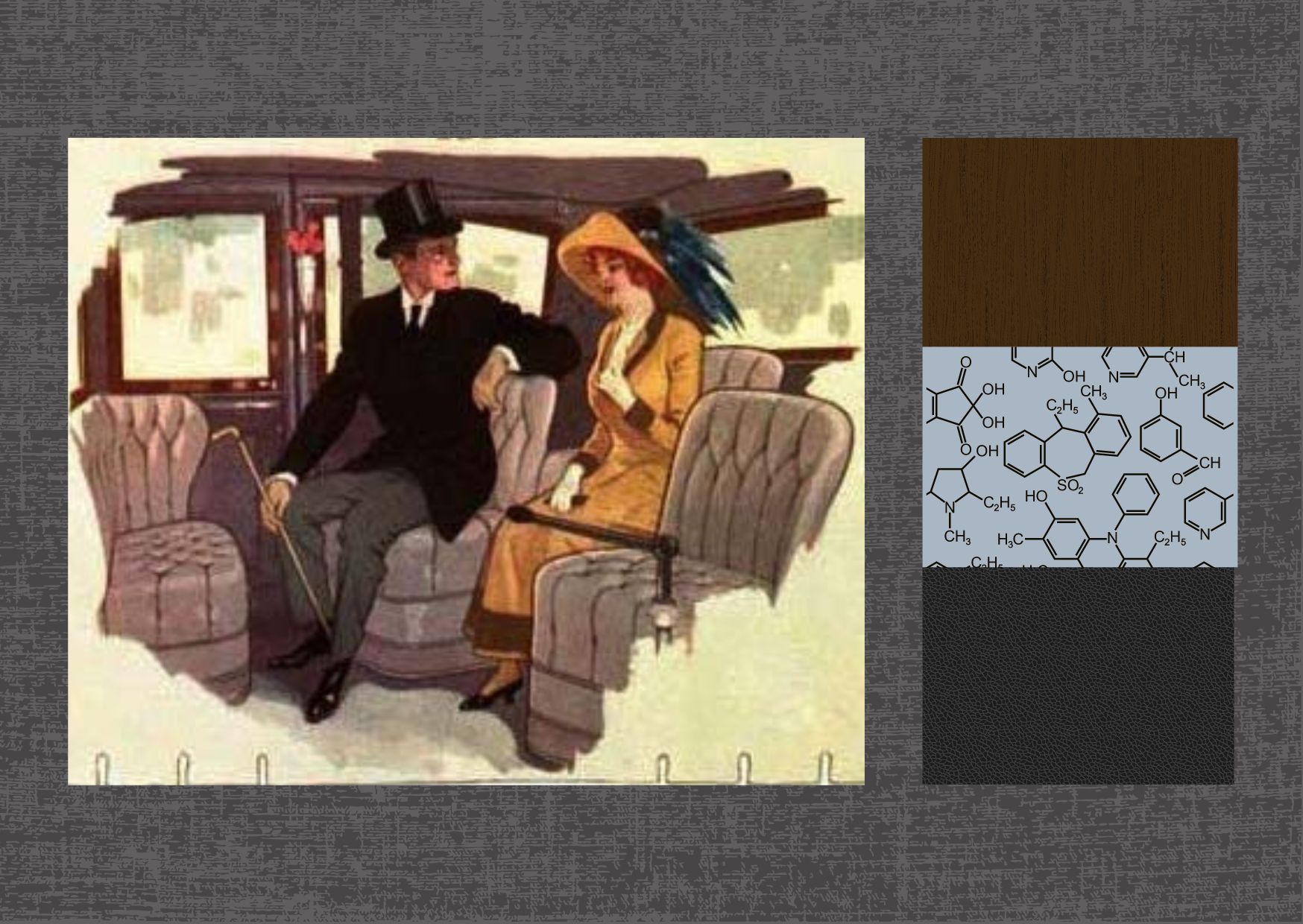
Thanks to this simple refurbishing trick, used cars didn’t feel used – they felt new, and that was enough to seal the deal. The emotional power of scent. The used car market flourished.
- Joe Girard (1928 – 2019) was an American car salesman based in Michigan. He was recognized as The World’s Greatest Retail Salesman by the Guinness Book of World Records ↩︎
